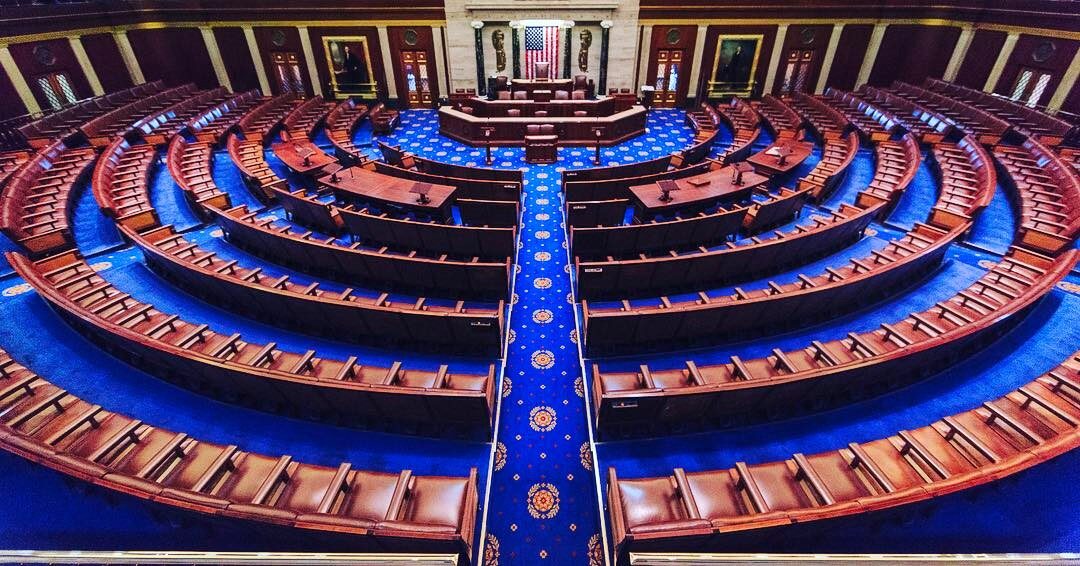Distributed energy resource provider Renewable America announced it will provide distributed solar and energy storage capacity for four different community choice aggregators (CCA) in California across five projects. The portfolio combines for 15 MW of solar capacity and 8 MWh of battery energy storage with four-hour duration.
All five CCA projects are now fully subscribed and are planned to finish construction by Q1 2024. Once operational, the projects will power 3,300 northern California households, nearly half of which will be located in disadvantaged communities. The project designs include plans to preserve the area’s agricultural land use and will also benefit surrounding land by creating pollinator-friendly habitats within a five-mile radius.
The projects are intended to help the four CCAs move more quickly toward their state-mandated resource adequacy (RA) requirements.
“We are excited to be working with Renewable America to help us meet our RA obligation as a Load Serving Entity. This community-scale project is on track to be completed in under two years, unlike larger utility-scale projects that can take many years to develop,” said Matthew Marshall, executive director of Redwood Coast Energy Authority.
In light of recent marketplace limitations of the California Independent System Operator (CAISO) territory, Renewable America said it took an unconventional approach to developing the projects, bypassing the traditional cluster study route. The company took on greater development risk than typical capacity market projects, managing everything in-house, from scouting new project sites, interconnection, engineering, permitting to executing power purchase agreements.
Following the 2001 California energy crisis, the California Public Utilities Commission (CPUC) required that every load serving entity, including CCAs, are able to allocate enough resource capacity for their load to ensure energy resiliency. Every year, CAISO opens a new window for applications for cluster studies, which are performed to ensure that system reliability and standards are met.
In March 2021, Cluster Study 14 received an unprecedented three times more applications than in previous years, earning it the nickname “The Super Cluster.” Due to the overwhelming level of applications to the study, it has been delayed by over two years, and CAISO is still in the process of finishing it. Renewable America’s approach to development will bypass the Super Cluster, bringing much needed resilience capacity close to the communities it serves.
“With the increase of power outages and Public Safety Power Shutoffs in California, distributed generation local solar projects are more essential than ever to ensure energy resiliency while also mitigating climate change,” said Ardi Arian, chief executive officer, Renewable America. “We are pleased to be able to provide high quality, local solutions in less time for CCAs throughout California who are seeking alternative options to meet capacity needs.”
CCAs, as defined by the U.S. Environmental Protection Agency (EPA), are programs that allow local governments to procure electricity on behalf of their residents, businesses, and municipal accounts from an alternative supplier while still receiving grid services from their utility.
These entities help communities exercise control over their electricity sources, demand more clean energy, and negotiate lower electricity prices. Demand aggregation gives communities greater leverage when conducting these negotiations.
Renewable America carries over 15 years of experience in development, engineering, procurement and construction throughout Europe and North America. The company’s end-to-end development process aims to maximize quality and efficiency, while minimizing lasting environmental impact on site. Based in Santa Clara, California, Renewable America has over 320 MW of solar and 680 MWh of energy storage projects under development across its home state.
This content is protected by copyright and may not be reused. If you want to cooperate with us and would like to reuse some of our content, please contact: editors@pv-magazine.com.









By submitting this form you agree to pv magazine using your data for the purposes of publishing your comment.
Your personal data will only be disclosed or otherwise transmitted to third parties for the purposes of spam filtering or if this is necessary for technical maintenance of the website. Any other transfer to third parties will not take place unless this is justified on the basis of applicable data protection regulations or if pv magazine is legally obliged to do so.
You may revoke this consent at any time with effect for the future, in which case your personal data will be deleted immediately. Otherwise, your data will be deleted if pv magazine has processed your request or the purpose of data storage is fulfilled.
Further information on data privacy can be found in our Data Protection Policy.